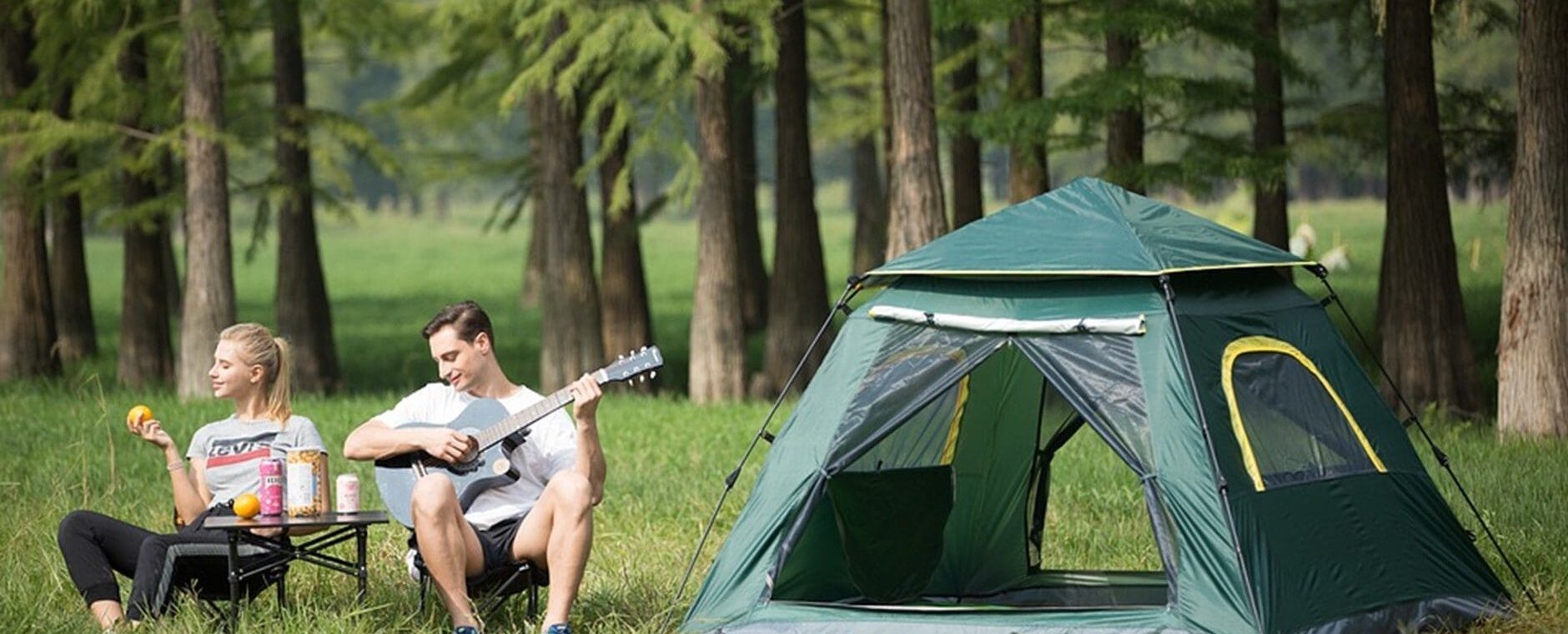This year, life as we know it was tipped on its head; transforming in the process our habits, our routines, and just about everything in between.
In the middle of all this, travel as we know it may have changed for good. With restrictions tightening once again, we take a look at how Brits adapted to holidaying back when the rules looked a little different. Despite the doom and gloom, the nation found ways to squeeze in that much-needed getaway or long weekend, even if it looked and felt quite different to usual.
As spring made way for summer, many families attempted to balance financial concerns and their fear of Covid-19, with their desire for fun and relaxation. With airlines mostly grounded, and many facing questions over their futures, the pandemic instead pushed a revival of creative holiday making nearer to home.
Swapping sun-kissed shores for the great outdoors, the great British countryside has been well and truly explored. From the beaches of Brighton, the coast of Cornwall, or Blackpool with a bucket and spade, our new-found love for local provided a much-needed change of scenery and a timely boost for our hospitality industry.
As lockdown restrictions began to ease, the need to escape or retreat was felt far and wide. The government were advising from early April to stay closer to home to help out a struggling tourism industry, and as soon as rules around overnight stays were relaxed, campsites, cottages, holiday homes and everything in-between enjoyed record bookings.
But how will the summer of the staycation, and indeed life under lockdown, change our attitudes to travel in the future? Of course, it’s impossible to say what that future will look like, but it already seems certain that we’ll emerge from this crisis different travellers than before.
The Great Staycation
Passport-free holidays became the norm this year and it looks like they’re here to stay. With predictions made as early as February about how pandemic would transform travel, it has forced holiday makers and the industry itself to adapt. In 2019, domestic tourism in England contributed £80 billion to the economy, but coronavirus has knocked £22 billion off that figure this year already. Accordingly, tourist boards across the UK are busy thinking up ways to encourage domestic travellers to book on home soil.
Sustainability
With daily emissions in the EU down 58% since the outbreak began, one of the very few upsides to pandemic has been the positive environmental impact. At the peak of lockdown, about eight in 10 flights globally were grounded. Transport-related emissions from tourism represented 5% of all man-made emissions in 2016, and before everything came crashing to a halt, that was expected to increase to 5.3% by 2030. However temporary, many voices in the tourism industry are questioning whether now represents an opportunity to rebuild in new, more sustainable ways. Never before has the conversation around carbon emissions and flight-free holidaying been so prevalent, adding an additional feel-good factor to staying local. The unpolluted blue skies and re-emergence of wildlife has struck a chord with many, and it could be a promising moment for a more considered approach to travel.
Into the Wild
As pandemic worsened, we quickly became weary of crowded, busy places, and in the era of social distancing, remote breaks rocketed in popularity. Having been homebound for months, many of us sought sanctuary and solace from more isolated retreats, away from the hustle and bustle of built-up areas. Camping and glamping attracted new devotees looking to truly immerse themselves in wilderness. Popular beaches, home-share rentals, large hotels and busy cities were bottom of the wish list, while coastal, lakeside, mountain and rural retreats saw demand soar. Rewilding and conservation holidays, where travellers play an active part in helping an ecosystem return to its natural state also boomed in popularity, as people sought a greater connection to their immediate environment.
The Great Outdoors
After spending months at home, holiday seekers craved the countryside. National parks, nature reserves and wetlands enjoyed an influx of visitors, and a newfound appreciation for the outdoors will likely continue. Nature and all its healing qualities is seemingly more important to people than ever before. Though restrictions on air travel eased, many found it easier, more convenient and more desirable to plan trips within driving distance.
Dream Big
Travellers who can afford to will be plotting epic, once-in-a-lifetime trips over the next few years, reflecting huge pent-up demand for travel after long restrictions. Living through pandemic has sparked a re-evaluation of priorities and attitudes. For those confined to their homes during lockdown, it has been a time to dream big. Travellers are predicted to stay abroad for longer periods, with modest mini breaks replaced by trips of a lifetime. Once it’s safe to explore, that is.
Domestic travel in the UK will be vital to safeguarding tourism industries and the jobs that go with it. But even before the pandemic hit, there were promising signs of new habits emerging. A study by building society The Cumberland found that 89% of Brits opted to holiday on home soil this year amid coronavirus crisis worries. More tellingly, the study also revealed a total of 66% of Brits are planning a UK holiday in 2021. This suggests that the great British staycation is not just a short-term solution, but a long-term option for holidaymakers and a potential silver lining for the hospitality sector.
Whilst domestic tourism and staycationing hasn’t come close to offsetting the huge losses to the industry, it has allowed the doors of many hotels, cafes and shops to stay open and keep people in their jobs. With huge changes to travel set to be part of life the foreseeable, encouraging travellers to holiday closer to home may be key to recovery.
ABL Recruitment team
To find out more about us visit here.
To read more articles visit here.









